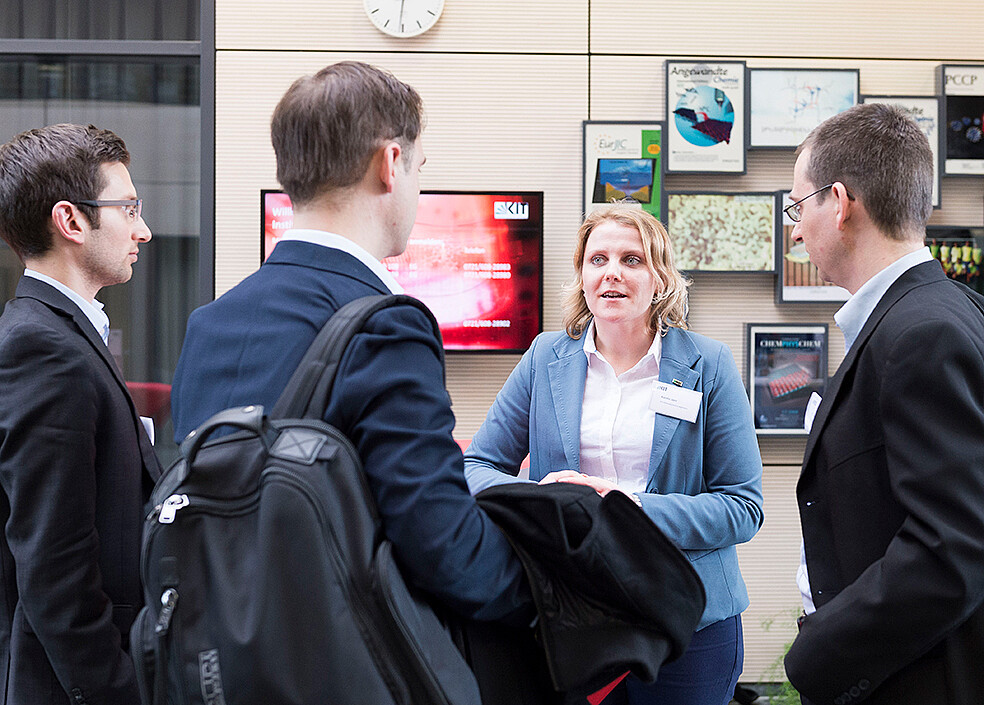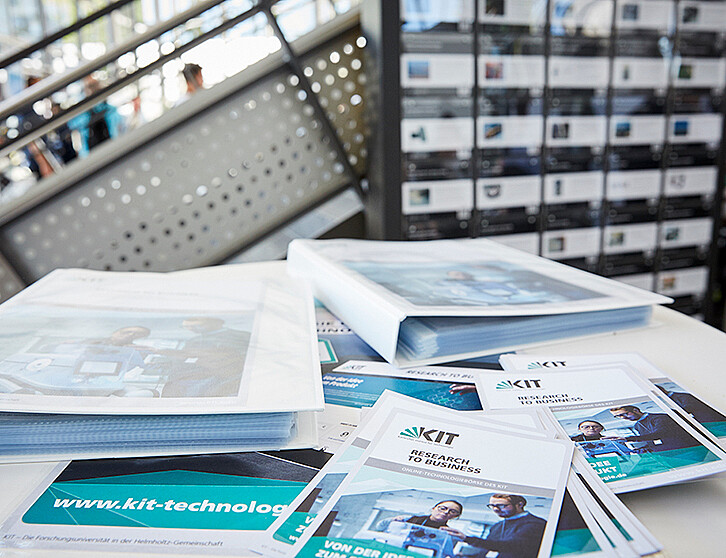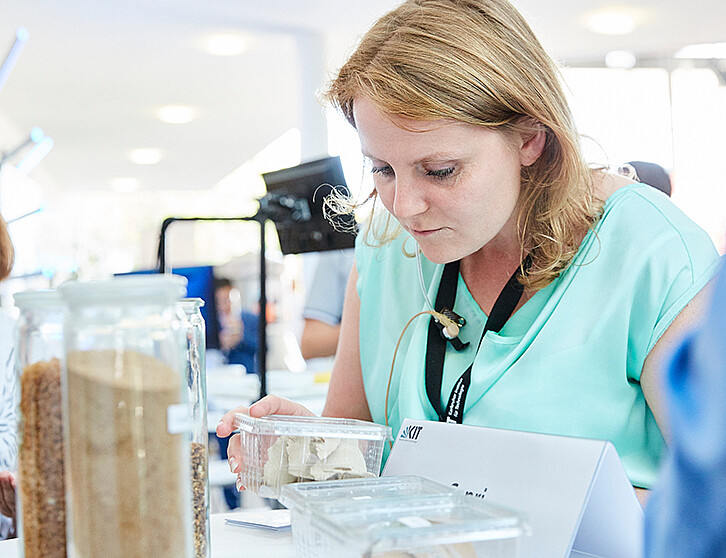Published on July 29, 2021
Professions in technology transfer: Technical editor

How do you become a technical writer? How did you get into this profession?
Karola Janz: If you are interested in language, media and design and you are not afraid of complex topics, you are in good hands in the field of technical editing. The need for communicators specifically for technical products and subjects has also been recognized by educational institutions, so technical editing or communication is taught at a few universities. The study program is a mixture of language and natural sciences, information technology and media management. As an "all-rounder" you have so many entry carrier opportunities in the communications industry, such as technology marketing. But you can also position yourself as a journalist in the classical sense or from the field of science communication as long as you have an affinity for technology.
I deliberately decided on this study because it imparts a broad competence profile and offers many development opportunities in professional life. In essence, it is always about communicating information about products, processes and services in a way that is understandable and geared to the target group. For this, it is important to use the appropriate media and channels with the relevant content. In contrast to a technology company, at KIT I do not focus on one product or product range, but communicate about very different technical solutions of the scientific employees.
Why did you choose a career in technology transfer?
Karola Janz: Technology transfer is characterized by inventions, good ideas and people with visions who work on progress for all of us. As an editor and as part of the entire team in Technology Transfer, I am close to important milestones in the development process and can thus write success stories.
„There aren't many positions where you can follow the beginnings of innovation so closely. For me, that's what makes the magic of the field. The creativity and solution orientation that is characteristic of the developing scientists motivate me even in my day-to-day work.“
Karola Janz

What are the requirements for this profession? What skills should you have?
Karola Janz: There are many jobs in the communications industry. I think that basically similar requirements are applicable for a technology editor: Stylistically confident writing, an eye for detail, organizational skills, creativity, and tool skills for desktop publishing and digital media. Communication for topics that need explanation also requires a basic understanding of technology or at least a curiosity to get to the bottom of even complex topics. Because many projects and campaigns run in parallel, strong coordination skills and structured work are an advantage. You should always be open to unforeseen situations, new ideas and different characters. Personal contact with researchers and industry representatives on the one hand and cooperation with service providers on the other require self-initiative and a professional manner.
What does a typical day look like for you?
Karola Janz: Not every day is the same, but there are recurring processes and tasks. Editorial work takes up a large part of the time: Topic planning, research and interviews, which are the basis for putting the content on "paper." This includes coordination and approval loops with different groups of people. As a team, we also operate as each other's proofreaders and quality managers. In the end, all the information is edited graphically and medially for a wide range of channels: from print products to online media and social media to event formats. In addition to the operational tasks, conceptual work is also on the agenda time and again, in order to critically examine and continuously develop instruments and marketing strategies.
Why does KIT need technical editors?
Karola Janz: At KIT, more than 5,000 scientists work on problems that bother society as well as the economy. This is where applicable solutions emerge from research. Often, a "problem solver" conceals a complex technology. With regard to technology transfer, it is particularly important to meet the target group, or more precisely, potential exploitation partners. The challenge here is to communicate the technology and the added value in a plausible and understandable way. We apply ourselves to this special task with the target group of industry in technology marketing. With our campaigns, we create publicity for the application-oriented research results and build a bridge to industry. In this way, we provide very practical support for scientific employees and work together with them to achieve a common goal.

What do you like about your job?
Karola Janz: I'm excited by the diversity at all levels: very different people, the variety of topics and the facets of technology editing. Communication does not stand still and the habits of media use are constantly changing, which means that the own scope of activities also remains in motion. In addition, I'm always fascinated by how passionately the scientists at KIT work in their field and what great developments result from it! I also learn more with each topic and can thus expand my horizons.

comments about this article
No Comments